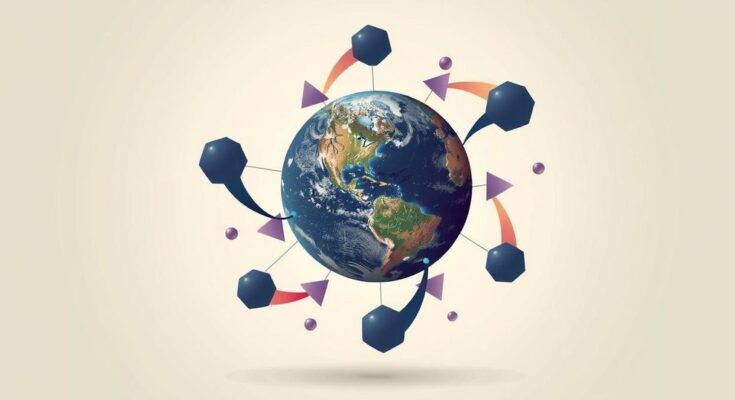In a pivotal press conference in Geneva on 12 February, Volker Türk, the UN High Commissioner for Human Rights, revealed a damning report on human rights violations in Bangladesh occurring between 1 July and 15 August last year. Türk emphasised the significance of Dr. Mohammed Yunus’ invitation to independently investigate these abuses, thus marking an essential step towards accountability in the region.
The investigation, carried out by a diverse team from the UN Human Rights Office, uncovered serious abuses orchestrated by former government officials and associated violent groups. Key findings highlighted disturbing patterns of extrajudicial killings, torture, and gender-based violence, notably targeting women who led the protests seeking reforms.
Türk asserted that many of these violations were not isolated incidents; rather, they were coordinated actions aiming to quell dissent and maintain the former regime’s power. The report indicates that these abuses might constitute crimes against humanity, directed at peaceful protesters and their supporters.
The report also chronicles retaliatory violence inflicted by individuals against former ruling party affiliates and minority groups, showcasing the chaotic aftermath of the protests. Despite these harrowing revelations, steps towards accountability have begun, with numerous cases filed in Bangladesh’s International Crimes Tribunal, although the legal system faces substantial hurdles.
Moreover, Türk urged Bangladesh to explore international accountability options such as universal jurisdiction or a referral to the International Criminal Court. He underscored the necessity of establishing a comprehensive healing process, urging a move beyond mere criminal trials to include truth-telling and reparations as essential components of recovery for the nation.
Calling for profound reforms, Türk reiterated the importance of dismantling oppressive laws and institutions to prevent future violations. He expressed hope that the current transition could foster an environment where human rights and social justice take precedence, enabling Bangladesh to rise above its history of conflicts and identity politics, ultimately championing healing and unity.
On 12 February, UN High Commissioner Volker Türk presented a report investigating human rights violations committed during protests in Bangladesh from 1 July to 15 August last year. Findings revealed coordinated abuses, including extrajudicial killings and gender-based violence by former government and party affiliates. Türk called for comprehensive reforms and international accountability mechanisms to ensure such violations do not recur while promoting national healing and unity.
The report by the UN High Commissioner for Human Rights sheds light on egregious violations committed in Bangladesh during recent protests, indicating potential crimes against humanity by former government officials. With international accountability avenues available and a call for reforms, there lies an opportunity for Bangladesh to transcend cycles of revenge and strive towards a unified vision centred on human rights and social justice.
Original Source: media.un.org



